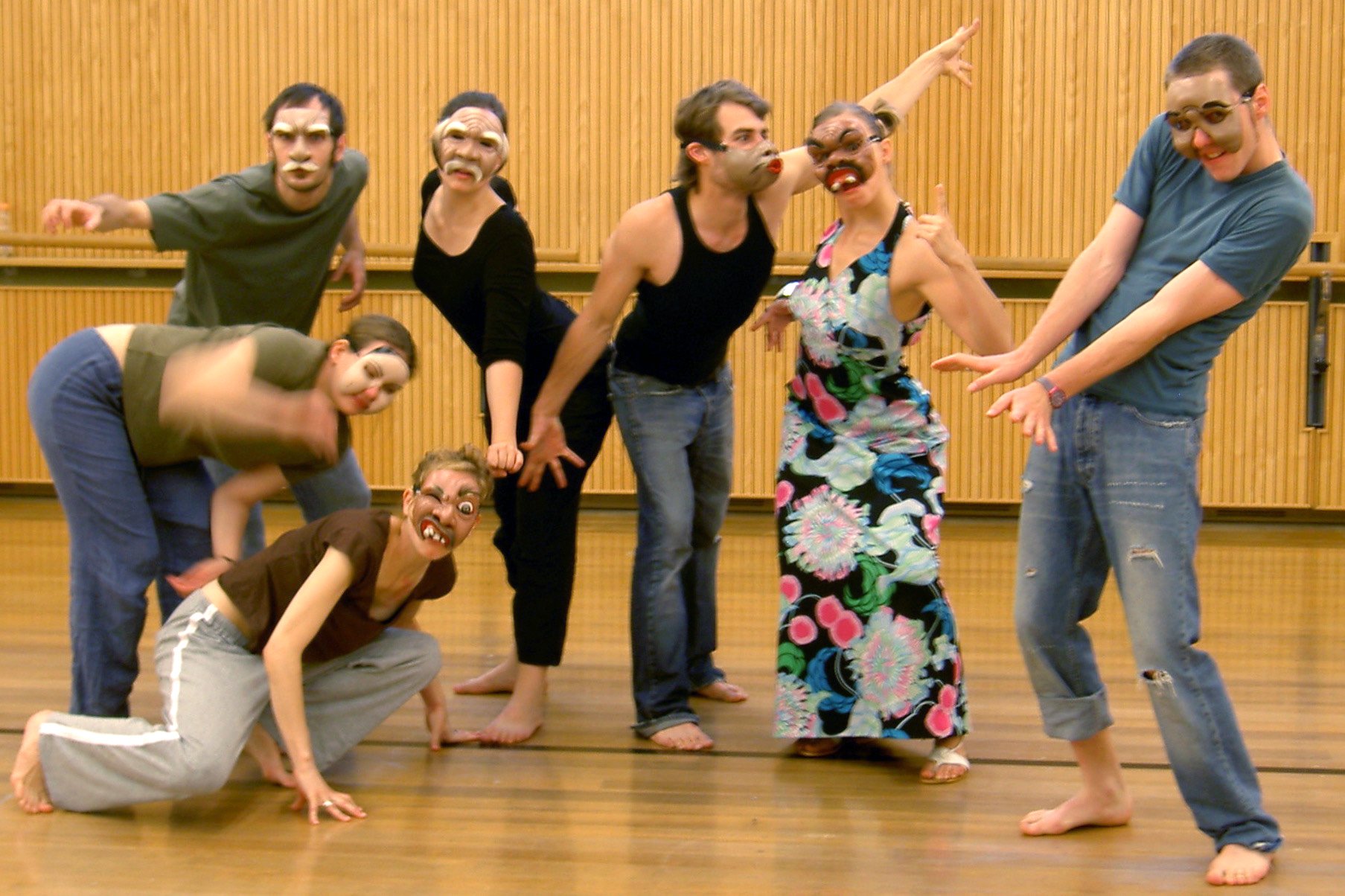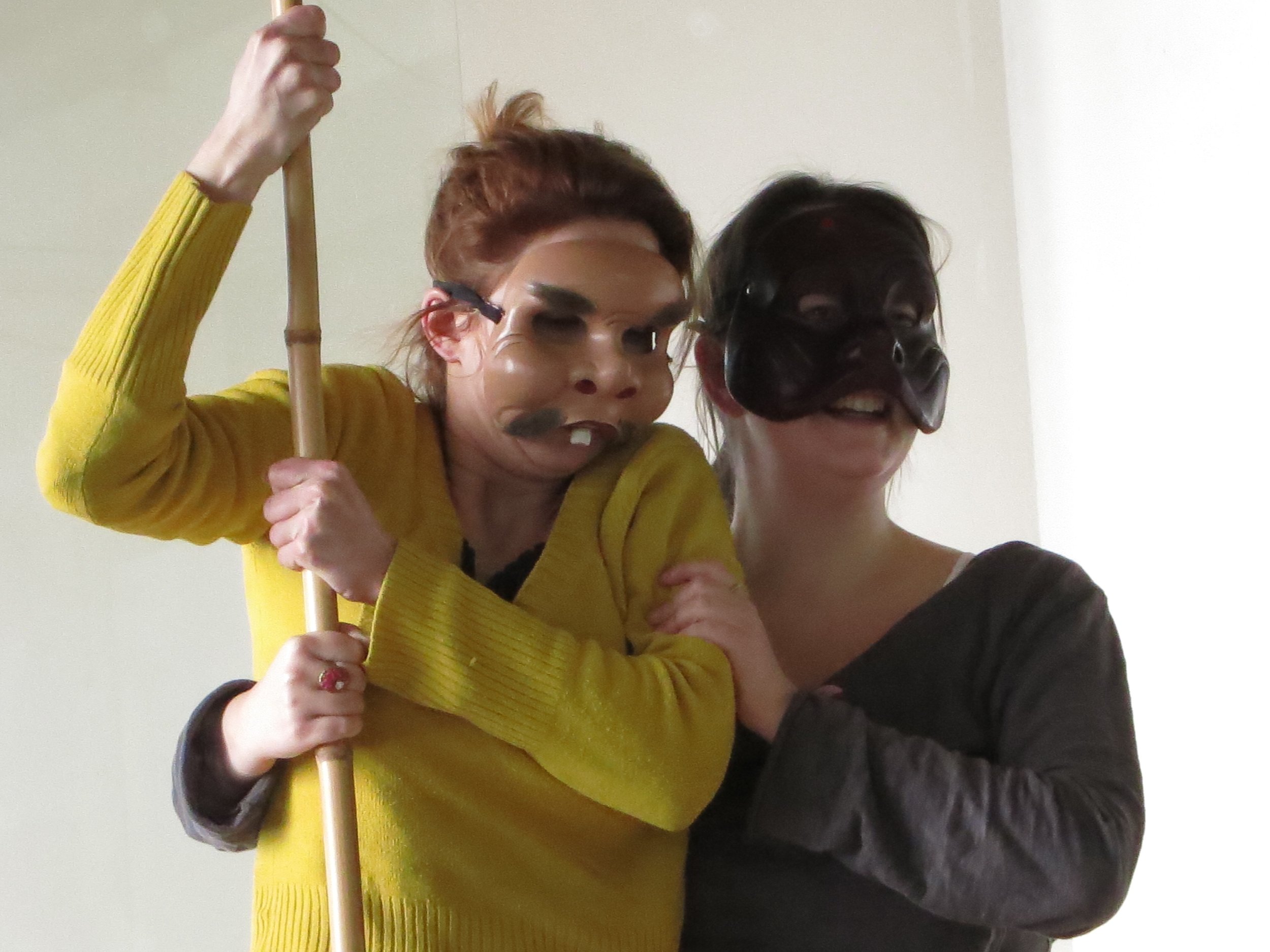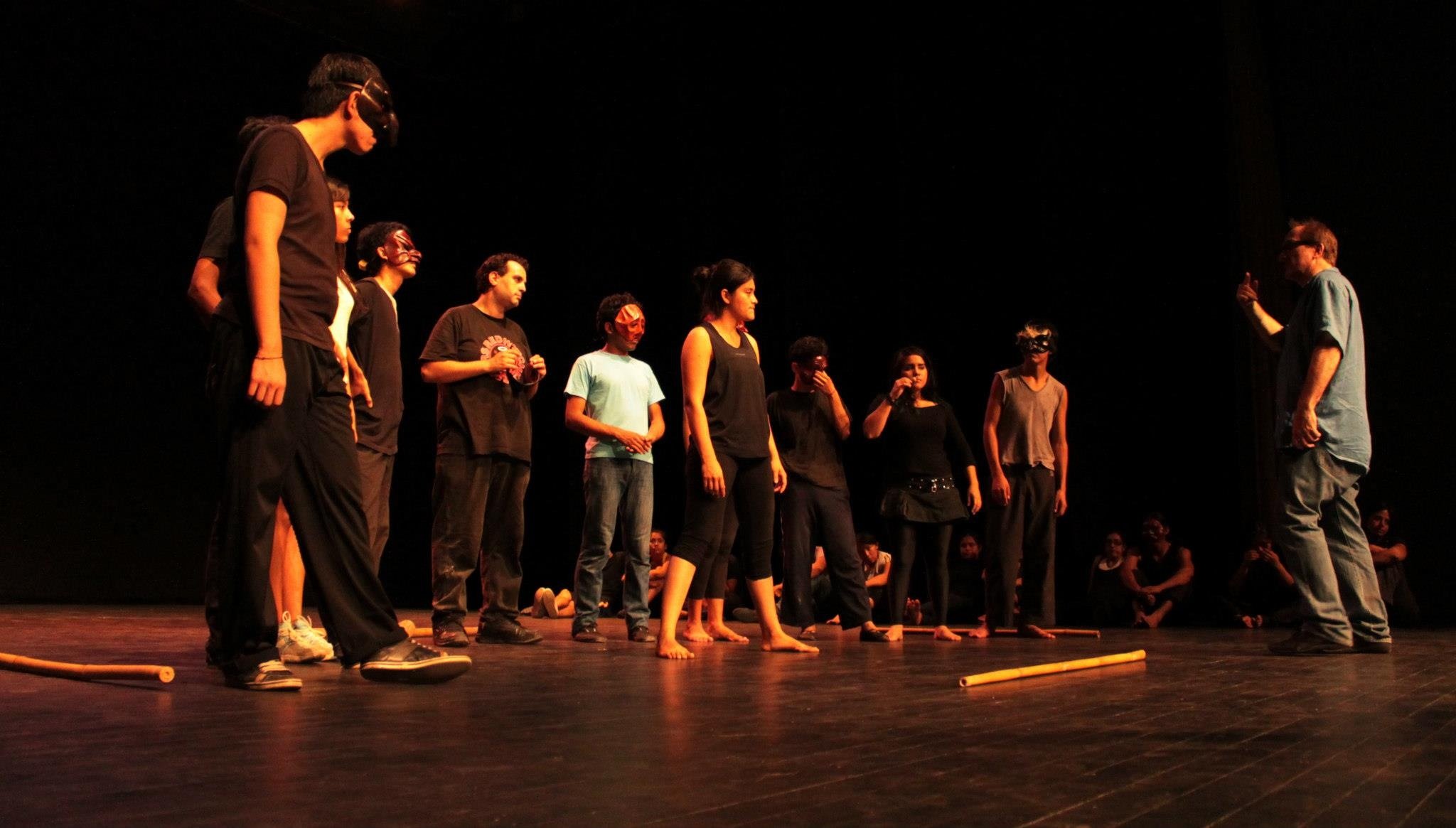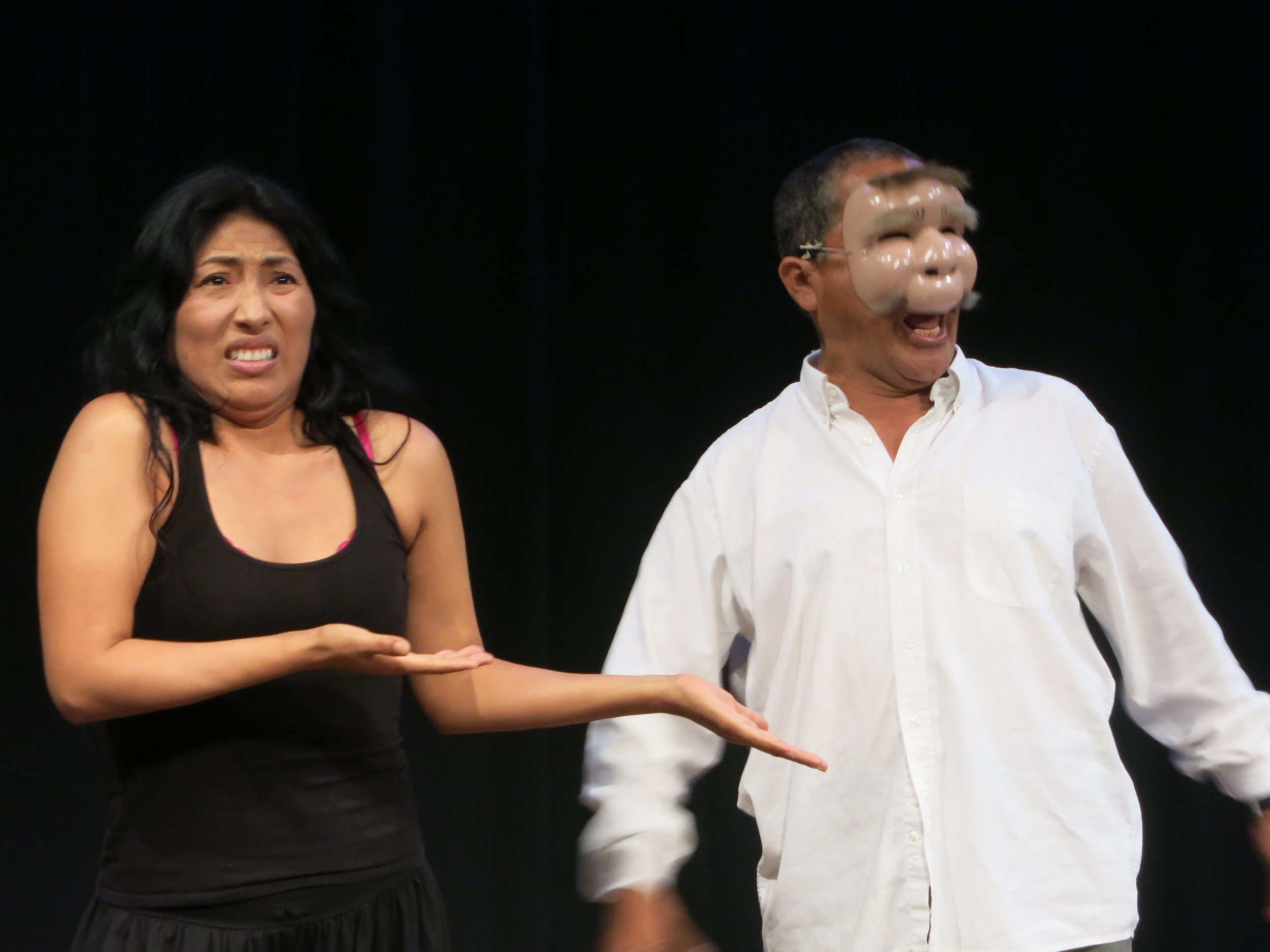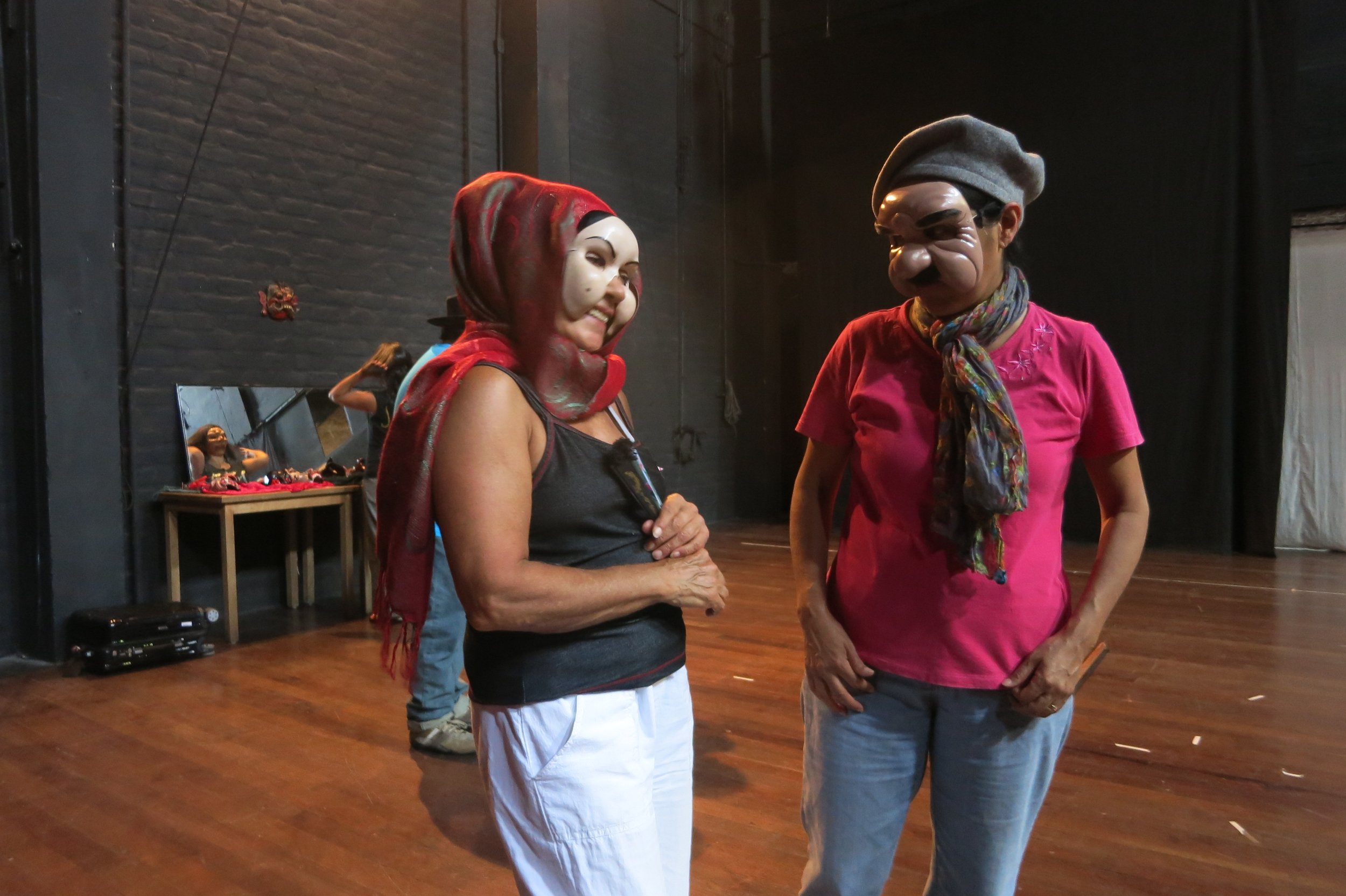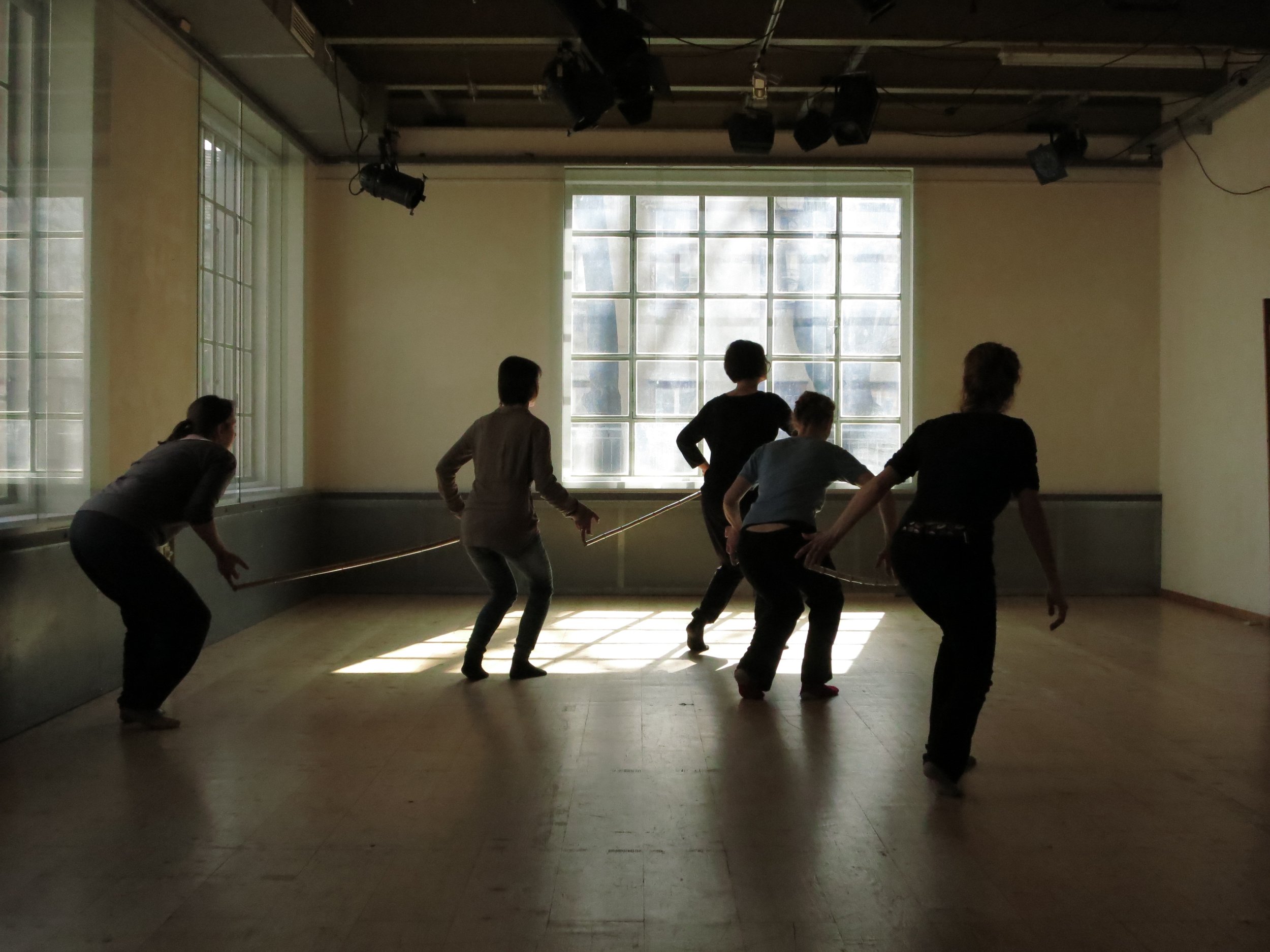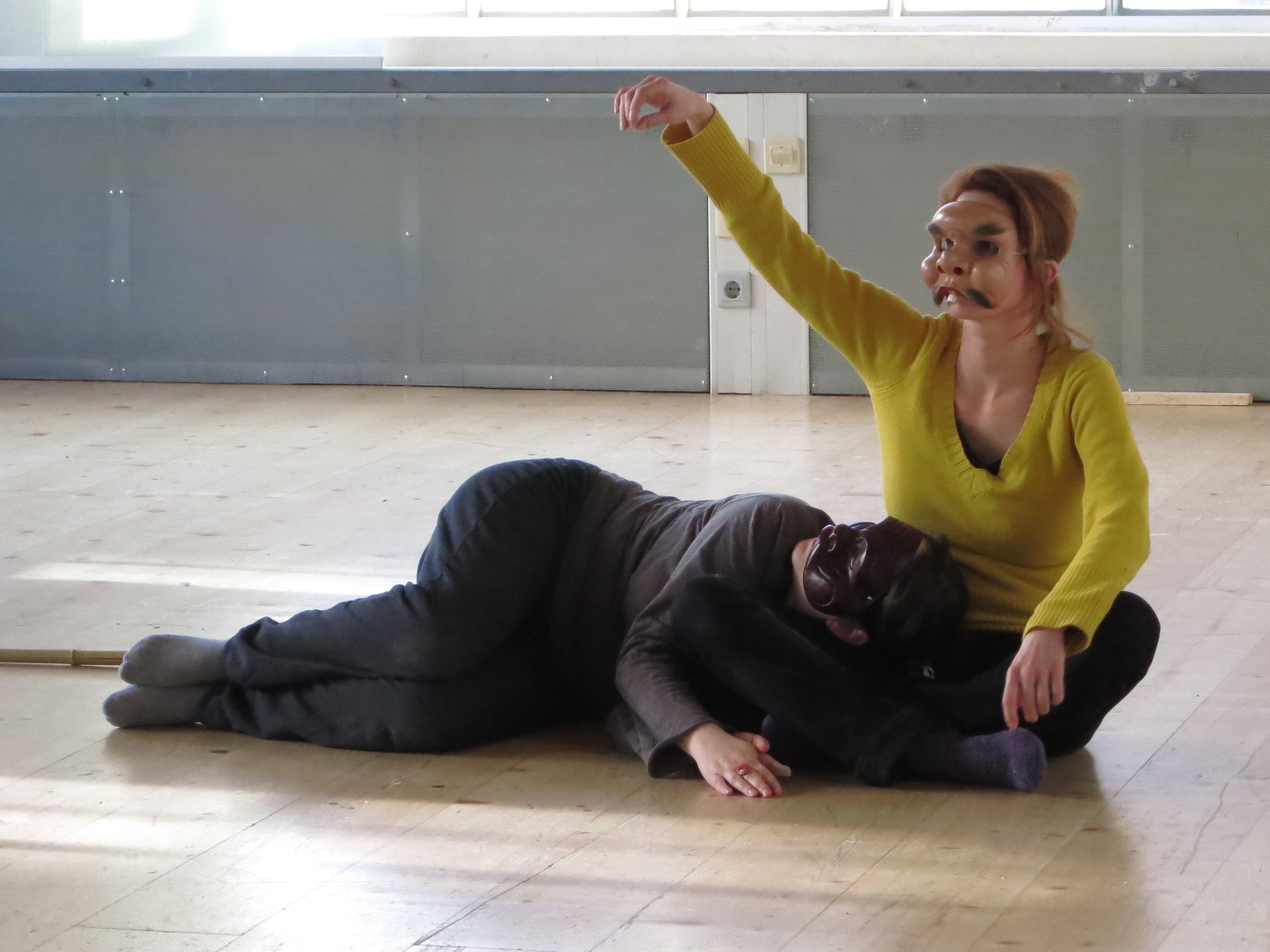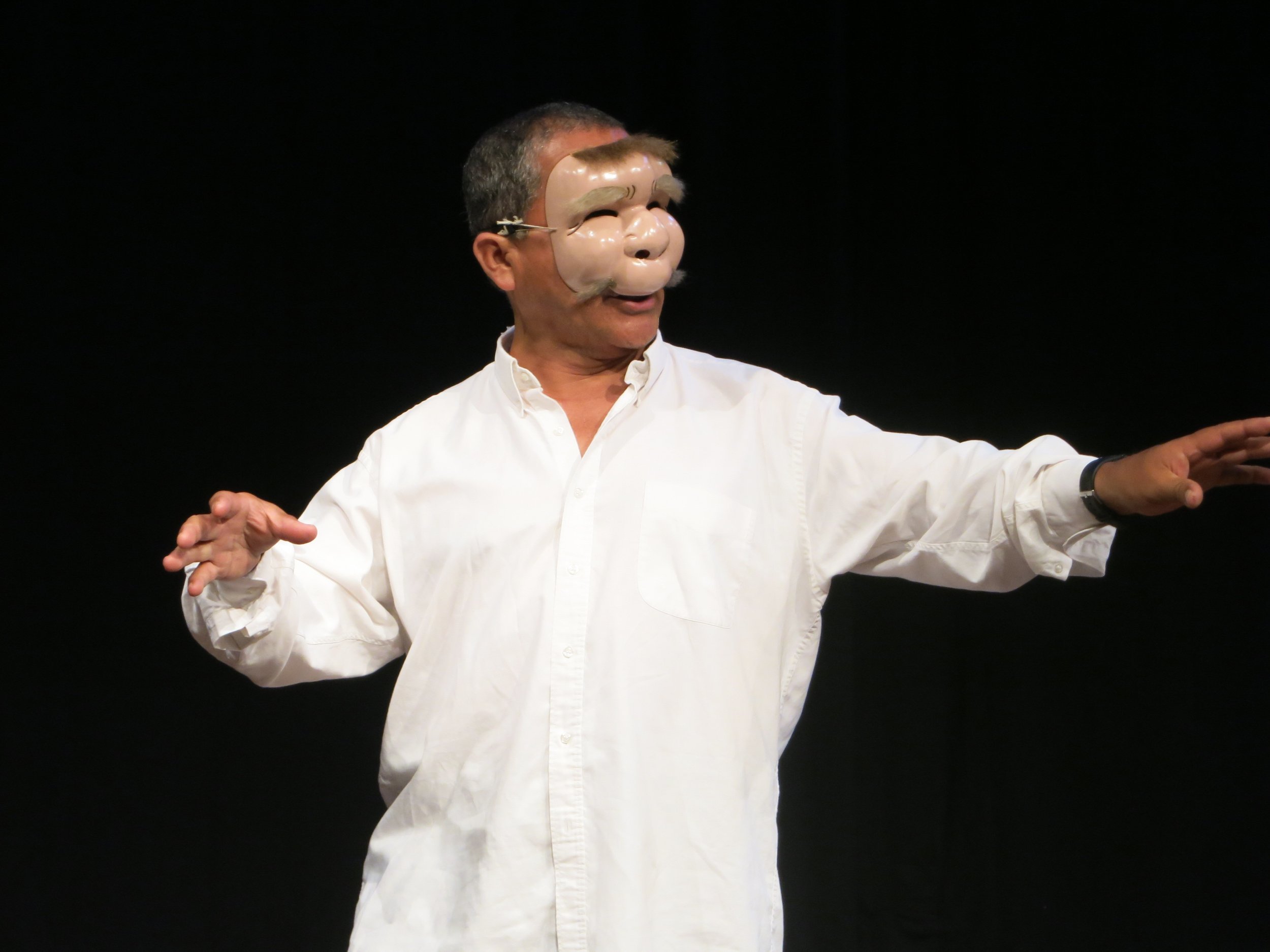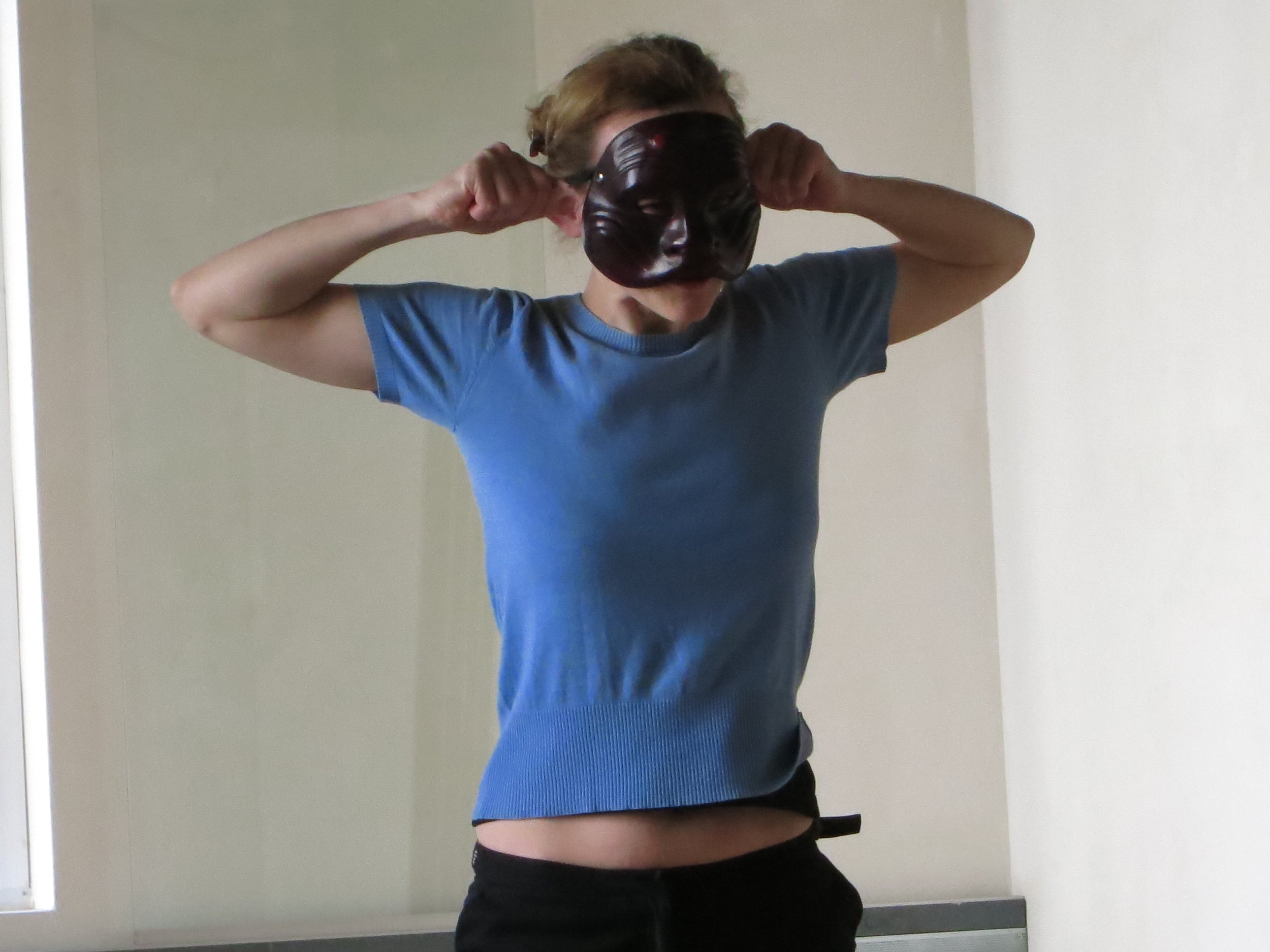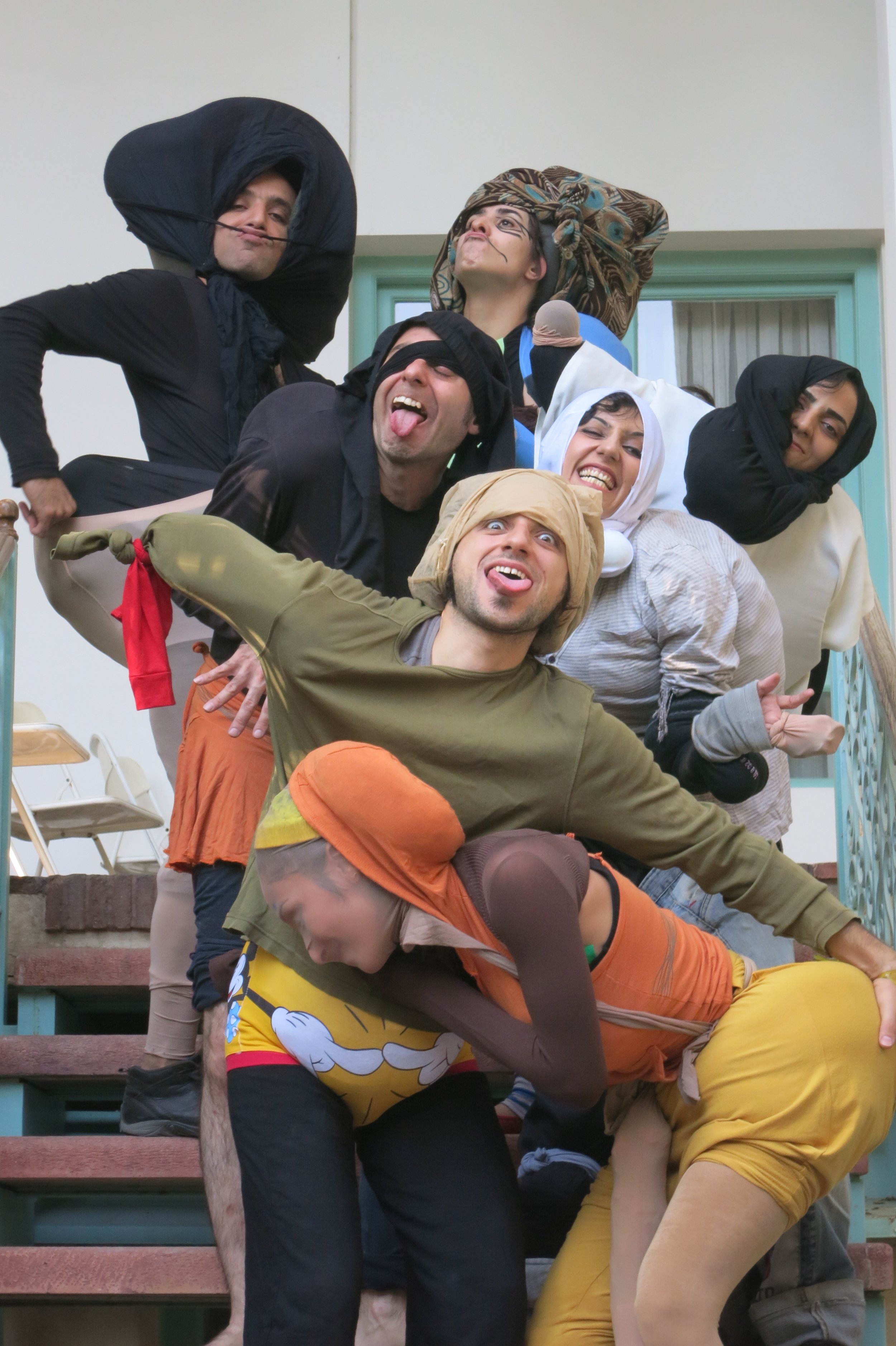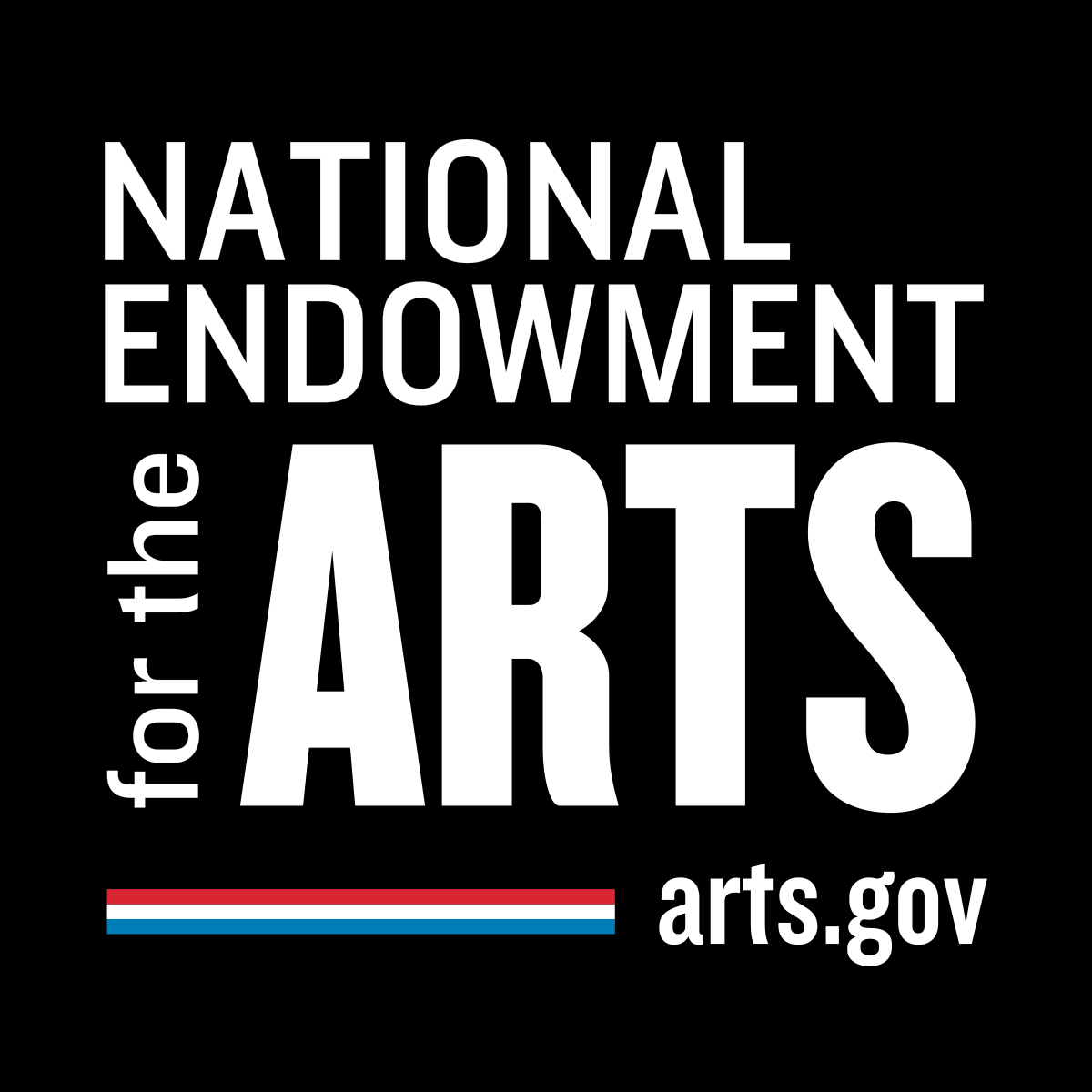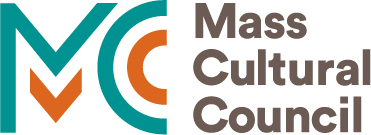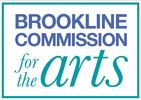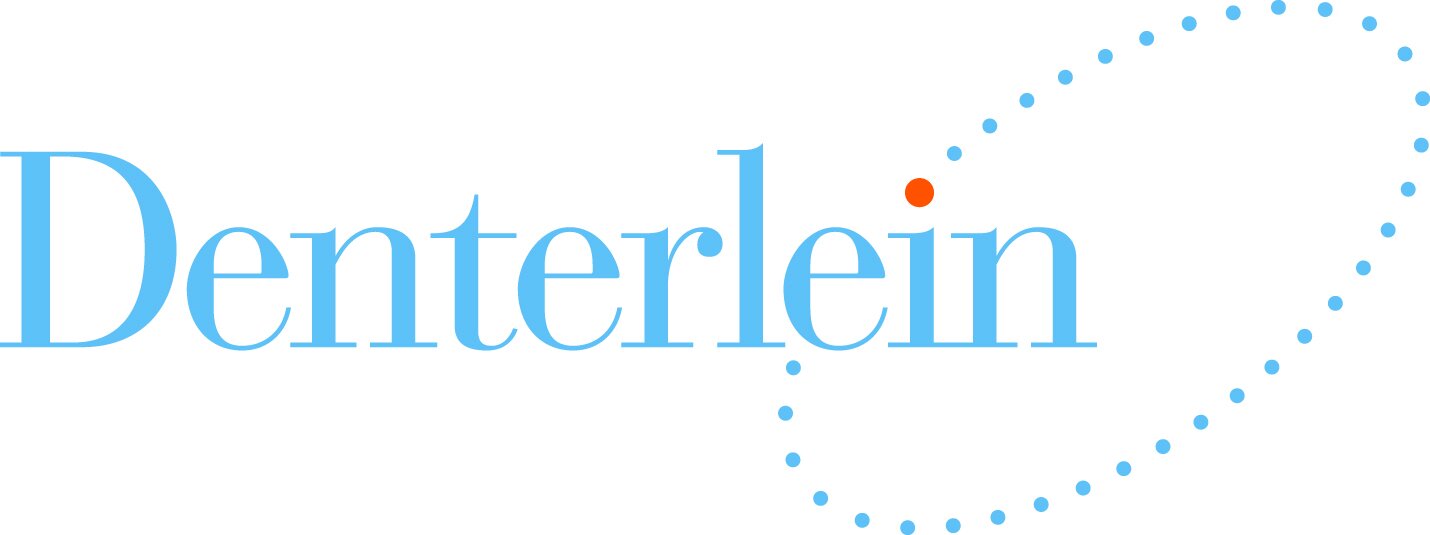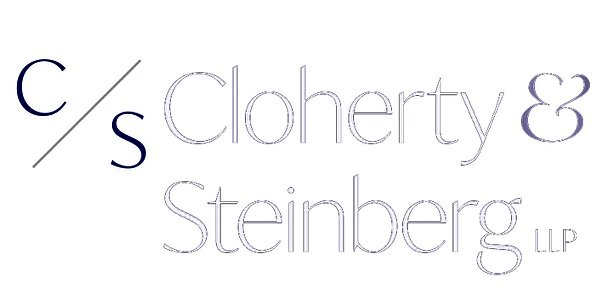Details
April 5 (Fri) - April 7 (Sun)
Schedule:
April 5 (Fri): 6pm - 9pm
April 6 (Sat): 10am - 6pm (with 1 hour break)
April 7 (Sun): 10am - 6pm (with 1 hour break)
Final presentation with closing reception 5pm - 6pm
Location: Puppet Showplace Theater, 32 Station Street, Brookline, MA 02445
Registration
$400; sliding scale $300 & $500
Puppets at Night members receive $50 off!
Become a member →
Registration deadline: March 28
Deadline extended! Register by April 4.
About the Class
Spend a weekend immersing yourself in the rich masked theater tradition of Commedia dell’Arte! Explore the stock characters, gags (aka lazzi), and more with Markus Kupferblum, lecturer at the University of Vienna and expert of the form. Over the course of the weekend, you will develop your own Commedia story and share it at a final presentation.
Open to adult participants of all backgrounds who want to explore embodied performance and experiment with how stories are made!
What is Commedia dell’Arte?
Commedia dell'Arte is a theatrical form originating in 16th-century Europe that influenced, and continues to influence, the theatrical arts — including opera, circus performance, puppetry, film and television, and even cartoons. The influence of the form can be seen in many notable works, including Shakespeare, Molière, Charlie Chaplin’s slapstick, Punch and Judy puppet shows, and Looney Tunes.
Knowledge of Commedia dell’Arte will deepen your understanding of the shared storytelling conventions between art forms, and give you a new set of tools to use when creating your own work!
What will I learn?
We will:
Gain an understanding of the history of the Commedia and its contemporary influence
Learn the dramaturgical laws of the Commedia, lazzi (gags), and improvisation
Explore how to develop narrative conflict that leads to comedy and tragedy
Meet the nine main characters of the Commedia and their passions, movements, and vices
Learn to use the masks of the Commedia
Learn about the function of music and choirs in the Commedia
Over the course of the weekend, you will develop your own Commedia story, which will be shared at a culminating presentation to peers and invited guests.
Who can take part?
Actors, performance artists, puppeteers, theater students, teachers, and anyone who wants to explore embodied performance and experiment with how stories are made will love this crash course in the Commedia dell’Arte. No special skills required.
Coming from out of town?
We welcome out of town participants! While you are responsible for arranging your own accommodations, we hope to facilitate connections between visiting class participants and hosts from our local puppetry community. Please complete our housing form to offer or request housing.
About the Instructor
Markus Kupferblum is an Austrian theater and opera director, playwright and clown, and is an expert in Commedia dell'Arte and mask theater. He is known for working across the genres of opera, circus, theater, and film. Markus is the founder of the opera company Totales Theater and the interdisciplinary music theater ensemble Schlüterwerke in Vienna. He has directed and shown productions all around the world — including France, Austria, Germany, England, Spain, Belgium, the US, Korea, Armenia, Lebanon, Iran, Israel, Russia, Lithuania, Luxemburg, Peru, Switzerland, and Italy.
In 1993 Markus was awarded the “1. Prix de l'Humour” at the Avignon Festival. In 2007 he received theNestroy Award for the best German-speaking fringe production for his play The Abandoned Dido. In 2012 he founded the European Theatre Day of Tolerance, commemorated on February 1st; a memorandum for peace and tolerance is read before the performances at almost 1,000 theaters throughout Europe.
In 2013, Markus’s book Die Geburt der Neugier aus dem Geist der Revolution. Die Commedia dell'Arte als politisches Volkstheater was published by Facultas, Vienna University Press.
Markus has taught acting, directing, and creative writing at institutions around the world, including the University of Vienna, the Max Reinhardt Seminar, University of Music (Vienna), Rutgers University (USA), Michigan University (USA), Frankfurt University of Music and Performing Arts (Germany), August Everding Theaterakademie München (Germany), Escuela Nacional del Teatro de Bolivia.


